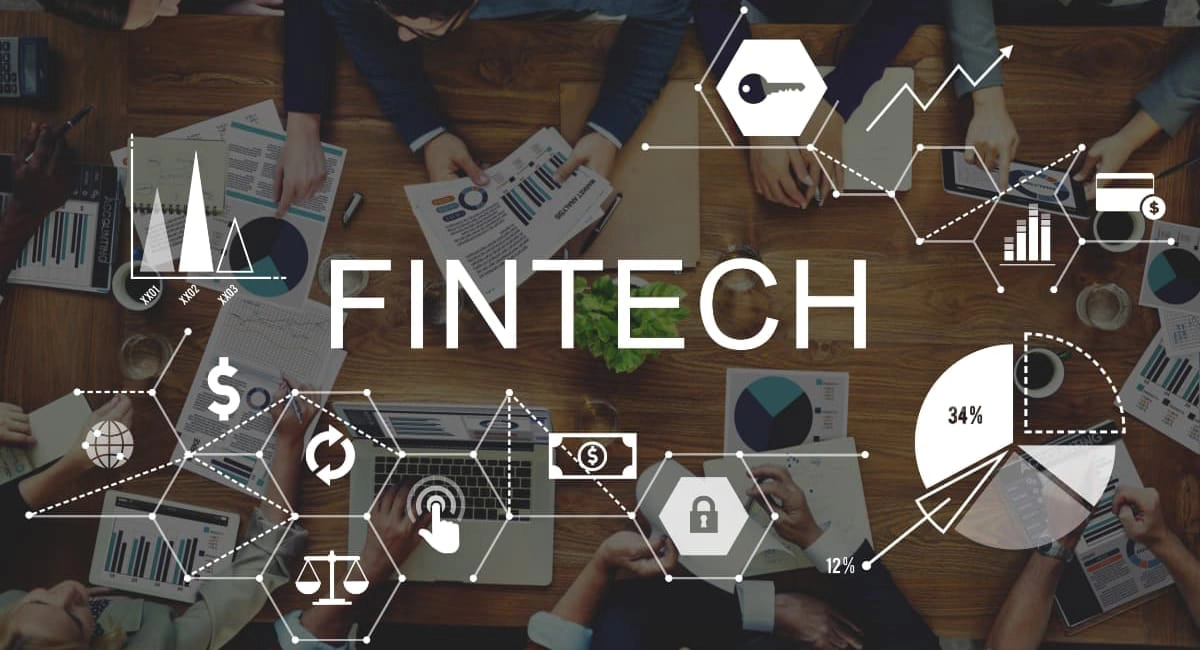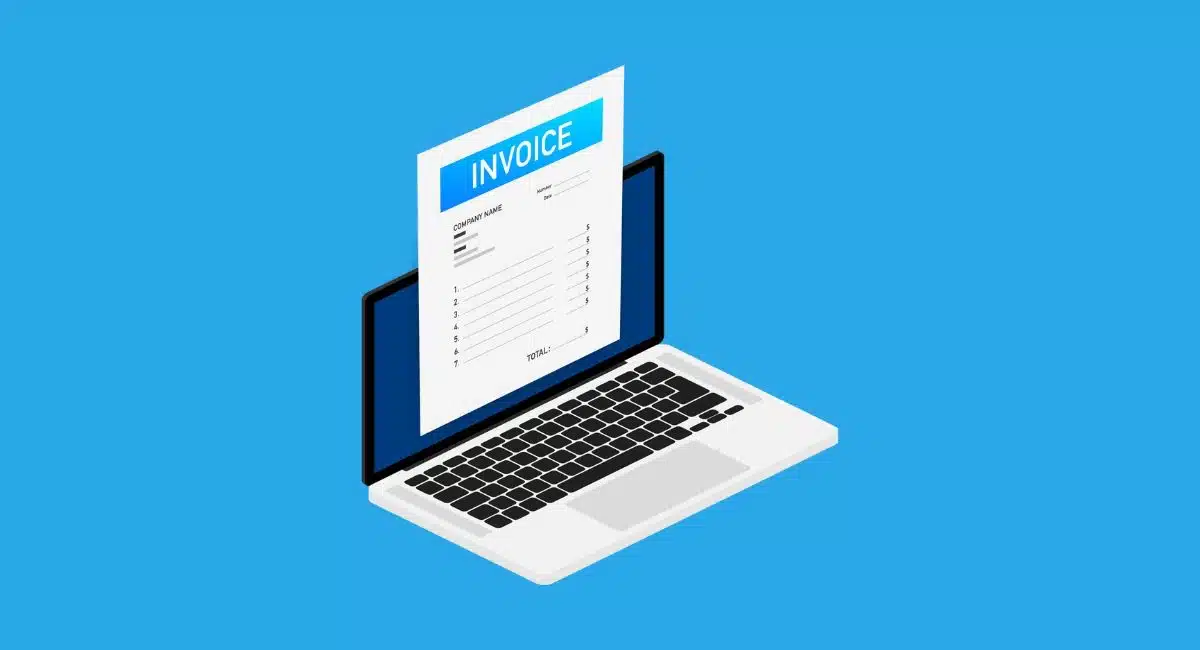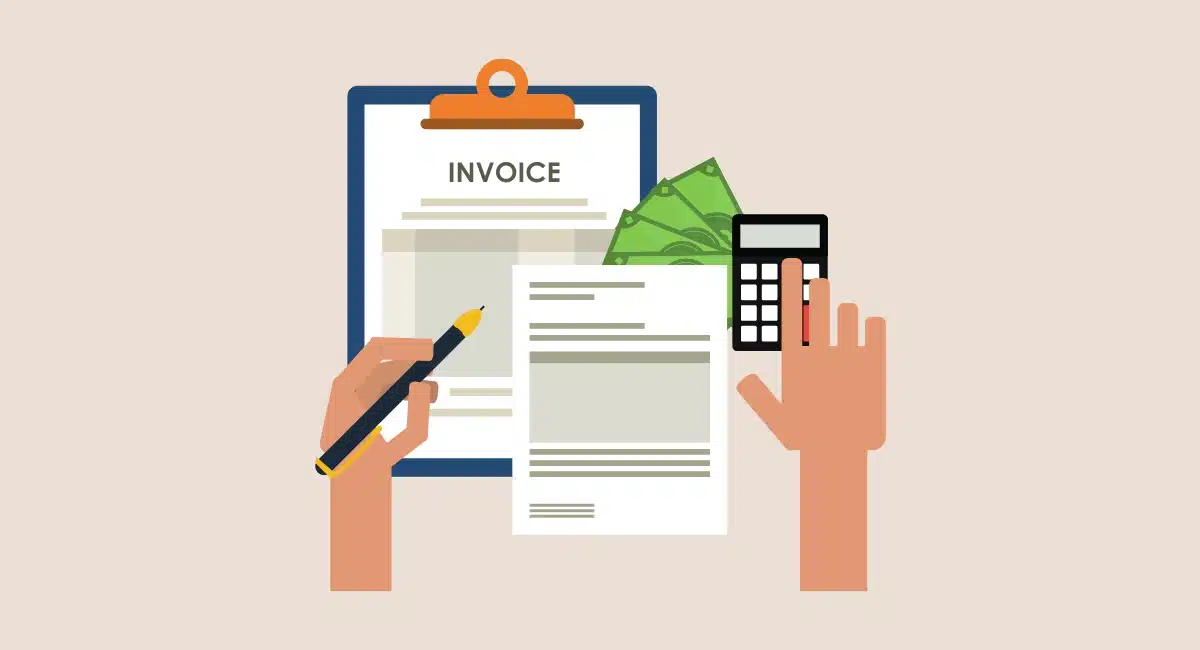It’s hard to avoid the word fintech (also spelled FinTech) in the world of finance, but what does it actually mean?
Originally an American term, it is now mainstream among startups and venture capitalists when talking about financial products – but not any product.
Fintech meaning
Fintech is short for ‘financial technology’. It refers to the newer generation of products and companies that uses cutting-edge technologies to improve financial services and the facilitation of payments among businesses and consumers.
Traditionally, banks and payment systems did not rely on the web or apps, but those things have rapidly changed the way we pay, bank and finance our lives today. Smartphones and internet connectivity are now the norm, and software technologies continuously advance.
This fuelled a wave of financial technology (FinTech) companies to develop more convenient ways to do finance, aligned with our tech-literate, 21st century lives.
Common in many fintech companies (also called fintechs) is the goal to simplify and/or advance payments and finances in a way that utilises the modern technologies available today. What other things do they have in common?
Characteristics of fintech
Fintech is one of those malleable terms that have changed meaning over time. In the beginning of the 2000s, it referred to the backend technology of banks and trading companies, but new possibilities through mobile devices and cloud technology catapulted “fintech” into the mainstream conscience.
It now has a broad meaning with an emphasis on emerging technologies in the financial sector in contrast with old-school banking systems.
Although broad conceptually, specific technologies tend to underpin fintech products.
For one, the internet (or cloud, if you talk about online data storage) is essential for nearly all fintech solutions. Many services went from in-person consultations to remote communications such as online banking and web-based software. Even card machines now use the internet to process credit cards.
Since smartphones became the norm, mobile apps could be developed to help consumers bank, manage finances and pay. Businesses could start accepting cards through a mobile point of sale (mPOS) app connected to a card reader, and QR code payments became a viable alternative to card payments.
But fintechs also deal with backend technologies for payments and data processing, including:
Given the variety of fintech specialties, companies will draw on different subsets of these technologies.
Types of fintech
There are different types of fintechs, but not a textbook consensus on the exact classifications. We like the way KPMG groups them into two general areas:
- Financial service providers: Banks, lenders and other consumer-/merchant-facing services (usually regulated).
- Technology or processing service providers: Fintechs creating the payments, security and data processing technologies.
A company may focus on one of these areas or a mix of both. Some technology and processing providers provide the backend system for financial service providers.
In different publications online, fintech companies are often grouped into the following specialisms.
Bankingtech/Banktech: Challenger banks (neobanks) offering e-money accounts or online bank accounts. Examples are Revolut, Monzo, Monese, Starling and ClearBank.
Paytech: Services, infrastructures and technologies for payments. TrueLayer, WorldRemit, SumUp, Volt, Checkout.com, Wise and Plaid are examples.
Lendingtech: Alternative financing, crowdfunding, cash advances and loans. Klarna, Fundera, Affirm and Sonovate are examples.
Insurtech: Fintechs offering insurance and systems to make insurance models fairer and more efficient. Zego, Marshmallow and Bought By Many are examples.
Wealthtech: Investment services, robo-advisors (algorithm-driven advice) and wealth management of assets, savings etc. Crowdcube, Robinhood and Seedrs are examples.
Regtech: Fintechs using technology to enhance regulatory processes around risk management, security and identity. Quantexa, Privitar and Onfido are examples.
Deloitte also identifies quote aggregators, which are primarily online comparison search engines for insurance, mortgages and other financial products (e.g. Compare The Market). Then there is business banking, i.e. fintechs supporting SMEs with smart solutions for accounting, invoicing, payroll, contracts and expense management (e.g. Xero).
Many companies offer a mix of these. For example, the digital account provider Revolut also offers a trading platform and online payments. Apart from payment solutions, Square also offers invoicing, ecommerce and other services for SMEs.




